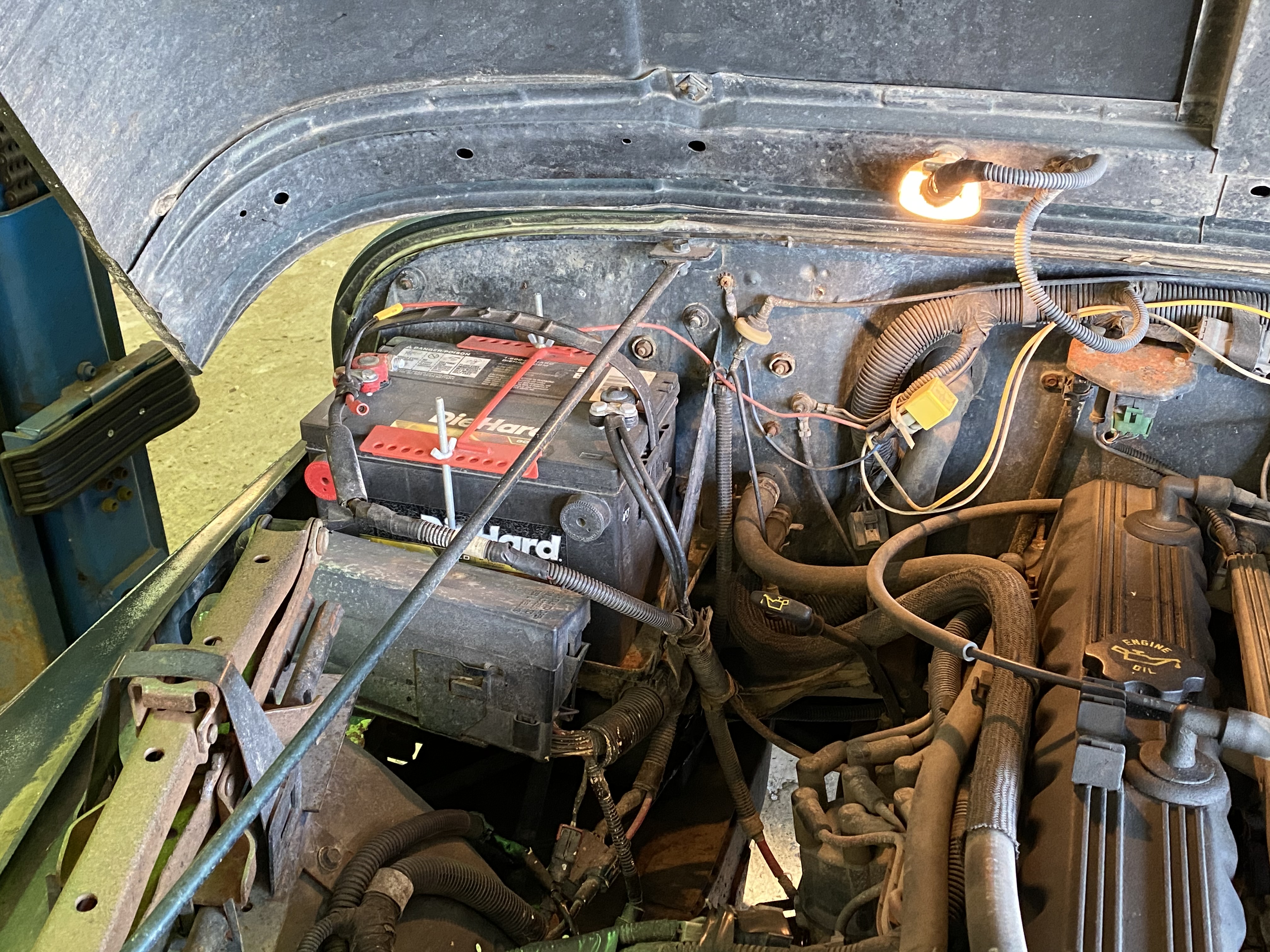Posted on 1/12/2021

Hi,we are here today to talk about your automotive battery. While the battery sometimes gets overlooked in terms of its importance to overall vehicle health and functionality, it truly is the heart of the electrical system in your car. Through the years, there have been many advances in battery technology, however these advances do not mean that batteries don't need the occasional testing and maintenance. While there are several designs of automotive battery, two common types are the traditional flooded battery, which is the most common, and the AGM (Absorbed Glass Mat), which is more durable when it comes to vibration and is used in some higher end vehicles. It is important to note that battery types are NOT interchangeable, due to the rate at which each type charges. With that being said, some cars can be programmed to accept either type. It is recommended that you have your battery checked at least once a ... read more